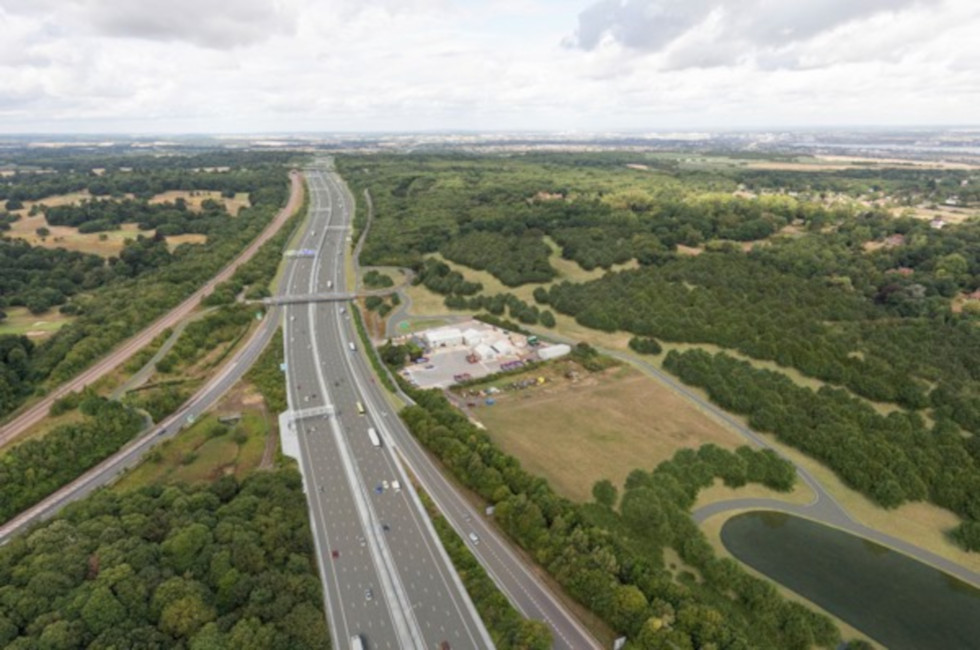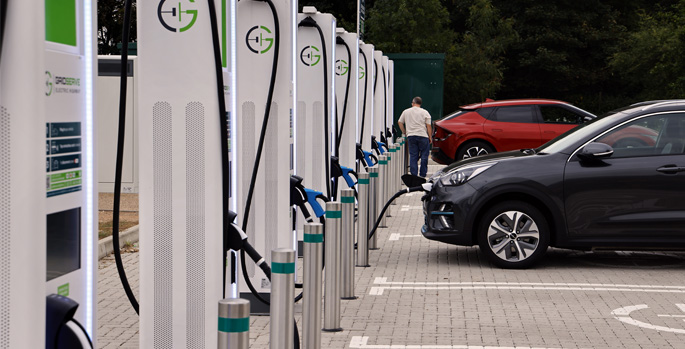The Department for Transport (DfT) has announced that planning permission is no longer needed to install both public and private electric vehicle (EV) chargepoints.
Announced by future of roads minister, Lilian Greenwood, the changes are intended to help encourage further use of EVs, which the DfT states could save drivers ‘up to £1,100 a year' when compared to the running costs of petrol or diesel vehicles.
It is also hoped that, with the removal of planning requirements, more businesses will be able to install chargepoints for public use.
This change is in addition to grants of up to £350 that are already in place to help with the costs of installing private chargepoints for EV users who either live in flats with off-street parking or any property with on-street parking.
Ms Greenwood said: ‘We're cutting down on paperwork to power up the EV revolution so that drivers, businesses and those looking to make the switch will have more chargepoints to power from and less red tape to deal with.
‘We continue to make the switch to EVs easier, cheaper and better by investing over £2.3 billion to support drivers and back British carmakers through international trade deals – creating jobs, boosting investment and securing our future as part of our Plan for Change.'
Lewis Gardiner, operations director for Osprey Charging Network, said: ‘Removing the need for planning permission for essential electrical infrastructure like substations across the majority of sites will save months of delays, reduce costs and accelerate the delivery of the rapid charging hubs drivers need.'
When approached by Highways, a spokesperson from the Association of Directors of Environment, Economy, Planning and Transport (ADEPT) said: 'The changes are an important step in making it easier for off-street electric vehicle charging infrastructure to be installed.
'However, the announcement does not affect cross-pavement solutions, with planning permission still being required for a charge point to be installed within the curtilage of a dwellinghouse for the purpose of charging an electric vehicle on-street.
'There are numerous trials of pavement channels being installed across the country and in order to make the process more efficient, some local authorities are exploring the use of Local Development Orders.
'However, we welcome the government's consideration of further planning changes that can enable quicker and cheaper installation of electric vehicle charge points and supporting infrastructure, in both private and public settings.'
Image credit: Shutterstock @Southworks

























